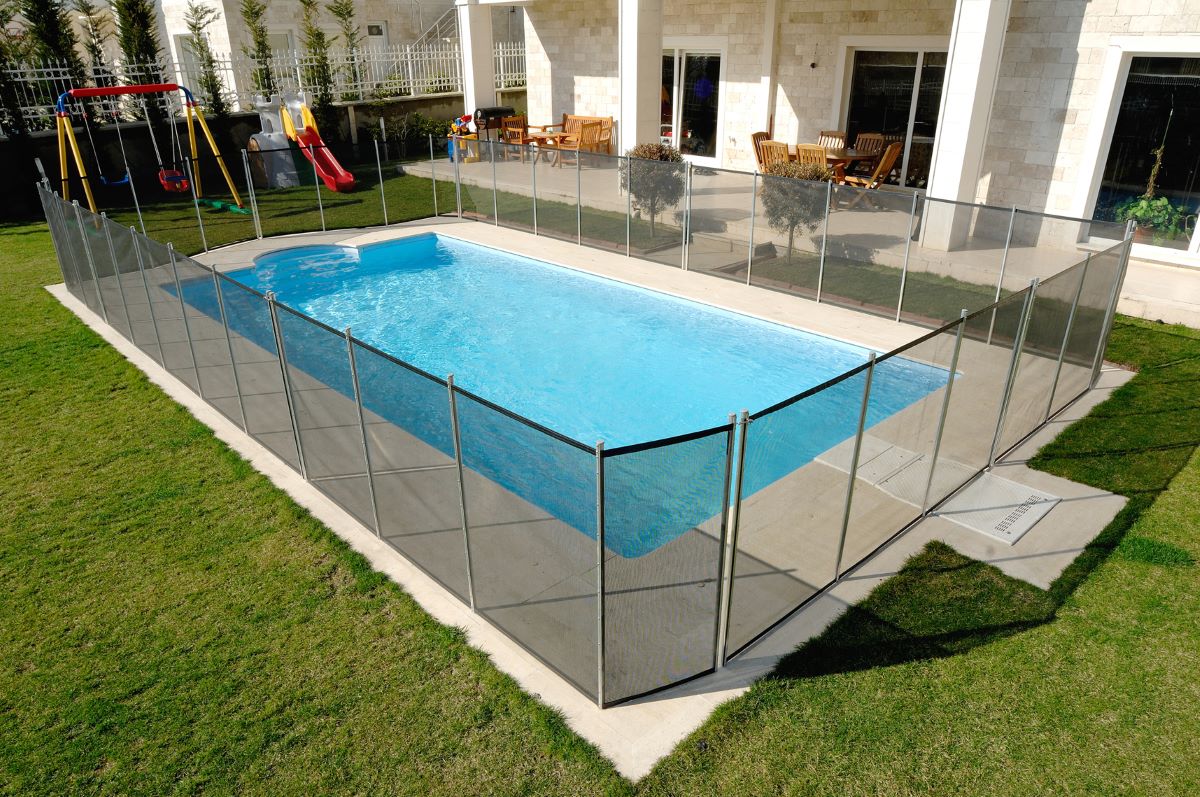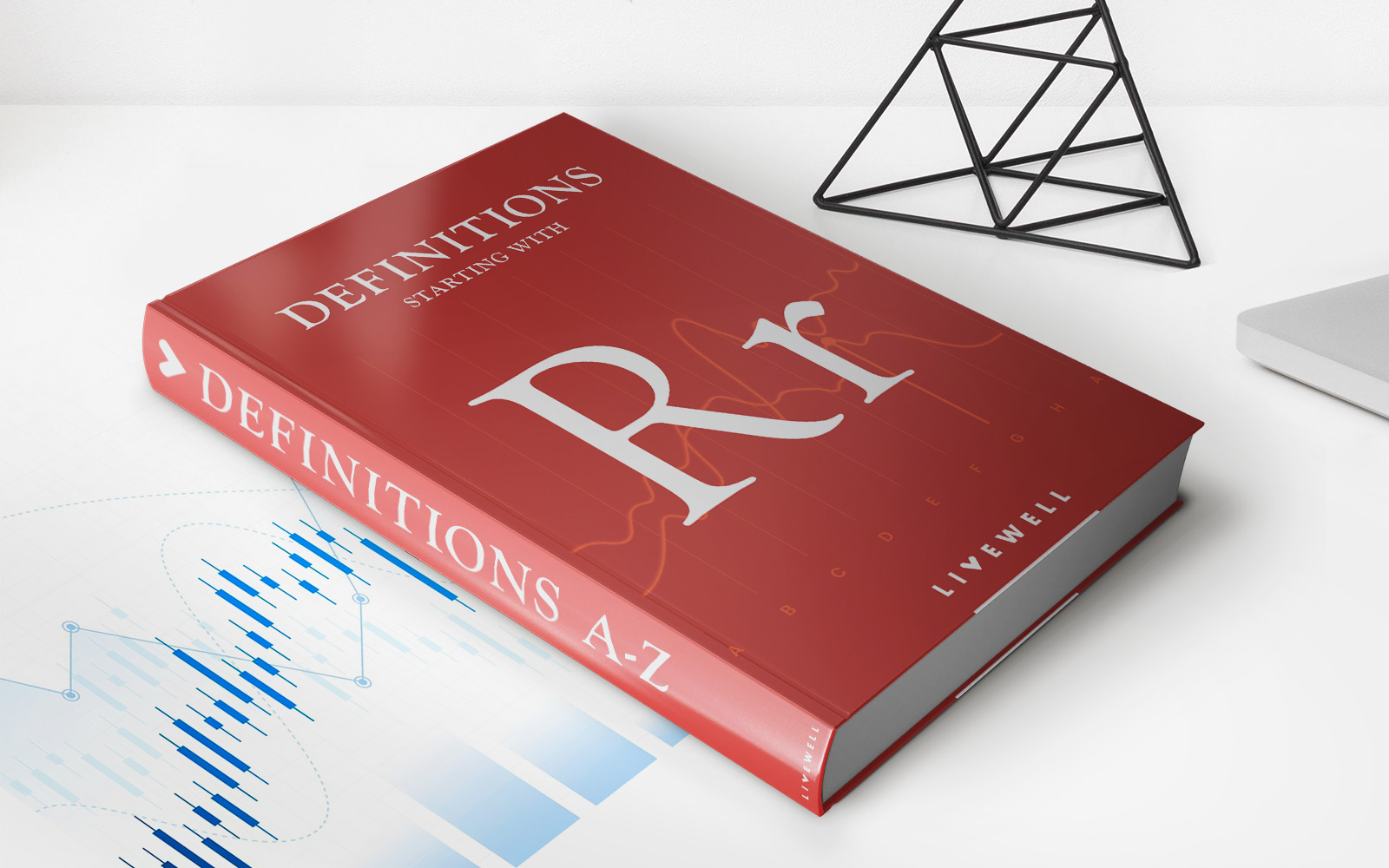

Finance
How Much Does Pool Insurance Cost
Published: November 13, 2023
Discover the cost of pool insurance for your home. Get finance quotes to find the best coverage for your pool at affordable rates.
(Many of the links in this article redirect to a specific reviewed product. Your purchase of these products through affiliate links helps to generate commission for LiveWell, at no extra cost. Learn more)
Table of Contents
Introduction
Having a pool in your backyard can be a dream come true for many homeowners. It provides a refreshing oasis on hot summer days and serves as a gathering place for family and friends. However, as a responsible pool owner, it is crucial to consider the financial implications and potential risks associated with owning a pool. This is where pool insurance comes into play.
Pool insurance is a specialized form of homeowners insurance that provides coverage specifically for your pool and related structures. It helps protect you financially in case of pool-related accidents, damages, or liabilities. While it is not legally required in most states, investing in pool insurance can offer you peace of mind and valuable financial protection.
Before securing pool insurance, it’s essential to have a clear understanding of how much it will cost. The price of pool insurance can vary depending on several factors, including the location of your pool, the type of pool you have, and your insurance provider’s specific policies. In this article, we will delve into the various factors that influence the cost of pool insurance and provide tips on how to lower your premiums.
Understanding the factors that impact pool insurance costs can help you make informed decisions when choosing the right coverage for your pool. It’s important to note that while cost is a significant consideration, it shouldn’t be the sole factor in determining the type and amount of pool insurance you obtain. The level of coverage and the extent of protection it offers are equally important factors to consider.
So, let’s dive into the factors that determine pool insurance costs and explore the average price range you can expect to pay for this essential coverage.
Factors that Determine Pool Insurance Cost
The cost of pool insurance can vary significantly based on several factors. Understanding these factors will help you anticipate the potential expenses associated with insuring your pool. Here are some key factors that insurance providers consider when determining the cost of your pool insurance:
- Location: The geographic location of your property plays a crucial role in determining the cost of pool insurance. Insurance providers assess the regional risks and factors such as weather conditions, local building regulations, and proximity to bodies of water. For instance, if you live in an area prone to hurricanes, your pool insurance premium may be higher due to the increased risk of damages caused by severe weather. Similarly, if your property is situated near a river or lake, it may impact your coverage cost.
- Type and size of the pool: The type and size of your pool are significant determinants of insurance costs. Pools come in various forms, including above-ground, in-ground, and semi-in-ground. In-ground pools typically cost more to insure due to their permanent and more extensive structures. Additionally, larger pools may have higher premiums since they could pose a higher risk for accidents and potential damages.
- Safety features: The presence of safety features around your pool can impact your insurance costs. Insurance providers generally offer discounts for pools equipped with safety measures such as fences, pool covers, and alarms. These safety features reduce the risks of accidents and liabilities, making your pool less of a financial risk for the insurer.
- Personal liability coverage: The extent of personal liability coverage you opt for can affect your pool insurance cost. Personal liability coverage protects you if a guest is injured or experiences property damage while using your pool. The more comprehensive the coverage, the higher your premium is likely to be.
- Additional structures: If you have additional structures related to your pool, such as a pool house or a gazebo, they may also impact your insurance cost. These structures increase the replacement value of your property, which in turn affects the overall insurance premium.
Keep in mind that while these factors influence the cost of pool insurance, each insurance provider may have their own specific criteria and pricing strategies. It’s recommended to reach out to multiple insurance companies to compare quotes and coverage options to find the best policy that suits your needs and budget.
Average Pool Insurance Cost
The average cost of pool insurance can vary depending on several factors, as discussed earlier. On average, homeowners can expect to pay anywhere from $300 to $1,000 per year for pool insurance coverage. However, it’s important to note that these figures are only a general estimate, and your actual premium may be higher or lower based on your specific circumstances.
One of the primary factors influencing the cost of pool insurance is the location of your property. Insurance rates can vary significantly from state to state and even within different regions of the same state. If you live in an area prone to natural disasters, such as hurricanes or earthquakes, your premium may be higher due to the increased risk of damages to your pool and property.
The type and size of your pool also play a significant role in determining the cost of insurance. In-ground pools typically have higher insurance premiums compared to above-ground or semi-in-ground pools due to their permanent and more expensive structures. Moreover, larger pools with more features and amenities may have higher premiums to account for the increased risk of accidents and damages.
Other factors that can impact the cost of pool insurance include the safety features installed around your pool. Installing safety measures like fences, pool covers, and alarms can help reduce the risk of accidents and liability claims, resulting in potential discounts on your insurance premium.
It’s worth mentioning that personal liability coverage, which protects you in case of injuries or damages caused to guests using your pool, can also affect the cost of pool insurance. The more comprehensive the coverage you opt for, the higher your premium may be.
As with any insurance policy, the actual cost of pool insurance will depend on your individual circumstances and the specific policies and pricing structures of the insurance provider you choose. To determine an accurate estimate, it’s advisable to obtain quotes from multiple insurance companies and compare their offerings to find the best coverage at a competitive price.
Ways to Lower Pool Insurance Cost
While pool insurance is an important investment for protecting your pool and mitigating financial risks, there are several proactive steps you can take to lower your pool insurance premiums. Here are some effective ways to reduce the cost of pool insurance:
- Install safety features: One of the most effective ways to lower your pool insurance cost is by installing safety features around your pool. This includes installing a fence with a self-closing gate, a pool cover, and alarms. These safety measures reduce the risk of accidents and potential liabilities, making your pool a lower risk to the insurance provider, which can result in discounted premiums.
- Maintain proper pool maintenance: Regular pool maintenance is essential not only for the longevity and functionality of your pool but also for reducing insurance costs. Regular cleaning, water chemical balancing, and equipment maintenance help minimize the risk of accidents and damages. This proactive approach demonstrates your commitment to pool safety and can potentially lower your premiums.
- Bundle with existing insurance policies: Many insurance companies offer discounts when you bundle multiple insurance policies with them. Consider bundling your pool insurance with your homeowners or umbrella policy. This can lead to significant savings on premiums while streamlining your coverage under a single insurer.
- Increase your deductible: Opting for a higher deductible means you’ll be responsible for paying more out of pocket in case of a claim. However, it can significantly lower your premiums. Before increasing your deductible, make sure you have sufficient savings to cover the higher out-of-pocket expenses if needed.
- Shop around and compare quotes: Insurance premiums can vary significantly between providers. To get the best possible rate, obtain quotes from multiple insurance companies and compare their offerings. Consider factors such as coverage limits, deductibles, and customer reviews to ensure you’re getting the most value for your money.
- Consider membership discounts: Some insurance companies offer discounts for being a member of certain organizations or affiliations. Check with your insurance provider to see if you qualify for any membership-related discounts that could help lower your pool insurance costs.
Remember, it’s crucial to strike a balance between cost and coverage when considering ways to lower your pool insurance premiums. While cost-saving measures are essential, make sure you don’t compromise on the level of coverage you need to adequately protect your pool and assets.
By implementing these strategies, you can potentially reduce your pool insurance costs without compromising on the protection and peace of mind that pool insurance provides.
Conclusion
Owning a pool can bring joy, relaxation, and countless fun memories to your home. However, it’s essential to be aware of the potential risks and financial implications that come with owning a pool. Pool insurance is a crucial aspect of responsible pool ownership, providing protection and peace of mind in case of accidents, damages, or liabilities.
The cost of pool insurance can vary based on factors such as location, type and size of the pool, safety features, personal liability coverage, and additional structures. Understanding these factors allows you to make informed decisions when selecting the right coverage for your pool.
On average, homeowners can expect to pay around $300 to $1,000 per year for pool insurance. However, it’s crucial to obtain personalized quotes from insurance providers to get an accurate estimation based on your specific circumstances.
To lower your pool insurance costs, consider installing safety features, maintaining proper pool maintenance, bundling policies, increasing your deductible, and shopping around for competitive quotes. These strategies can help you find cost-effective coverage without compromising on the level of protection you need.
Remember, pool insurance is an investment in safeguarding your pool, your property, and your finances. By securing the right coverage and employing risk management practices, you can enjoy your pool with peace of mind, knowing that you are financially protected.
Ensure you carefully review the terms and conditions of the insurance policies, assess the coverage limits, and consult with insurance professionals to make an informed decision based on your specific needs and budget.
In summary, pool insurance offers the protection you need to enjoy your pool worry-free. By understanding the factors that influence the cost of pool insurance and implementing strategies to lower premiums, you can find the ideal coverage that meets your needs while maintaining financial peace of mind.














